A Shift in Consumer Preferences: The Rise of Aesthetics Over Functionality in Modern Refrigerators
In a surprising turn of events, the once-esteemed LG refrigerator brand has seen a decline in its reputation, with many consumers opting for models that prioritize style over functionality. This shift in consumer preferences has significant implications for the appliance industry, as manufacturers are forced to adapt to changing market demands.
According to recent data, the average price of a modern refrigerator has increased by 15% over the past five years, with the top-of-the-line models now exceeding $3,000. The LG model mentioned in the article, priced at $2,899, is a prime example of this trend. Despite its higher price point, the model's reliability and energy efficiency have been called into question, with some owners reporting compressor issues and limited shelf space.
The market impact of this shift is multifaceted. On one hand, consumers are willing to pay a premium for appliances that fit seamlessly into their kitchen decor. This trend is driven by the increasing importance of aesthetics in home design, with many homeowners prioritizing the visual appeal of their appliances over their functional capabilities.
On the other hand, the decline of LG's reputation has significant implications for the company's bottom line. With a history of producing high-quality appliances, LG's reputation has been built on its reliability and durability. The recent decline in consumer satisfaction has led to a loss of market share, with other manufacturers such as Samsung and Whirlpool gaining ground.
The appliance industry has undergone significant changes in recent years, with the rise of smart home technology and the increasing importance of energy efficiency. However, the shift towards prioritizing aesthetics over functionality is a new development that has left many manufacturers scrambling to adapt.
In the past, LG was known for its innovative features and cutting-edge technology. The company's ThinQ app, which allows users to customize compressor use for energy efficiency, was a prime example of this. However, the recent decline in consumer satisfaction has led to a re-evaluation of the company's priorities.
As the market continues to evolve, it remains to be seen whether LG will be able to recover its reputation and regain its position as a leader in the appliance industry. In the meantime, consumers are left to navigate a complex market where aesthetics and functionality are increasingly at odds.
The implications of this trend extend beyond the appliance industry, with significant implications for the broader economy. As consumers prioritize style over functionality, manufacturers are forced to adapt to changing market demands. This shift has significant implications for supply chains, production costs, and ultimately, the bottom line.
In conclusion, the rise of aesthetics over functionality in modern refrigerators is a significant development that has far-reaching implications for the appliance industry and beyond. As manufacturers continue to adapt to changing market demands, it remains to be seen whether LG will be able to recover its reputation and regain its position as a leader in the industry.
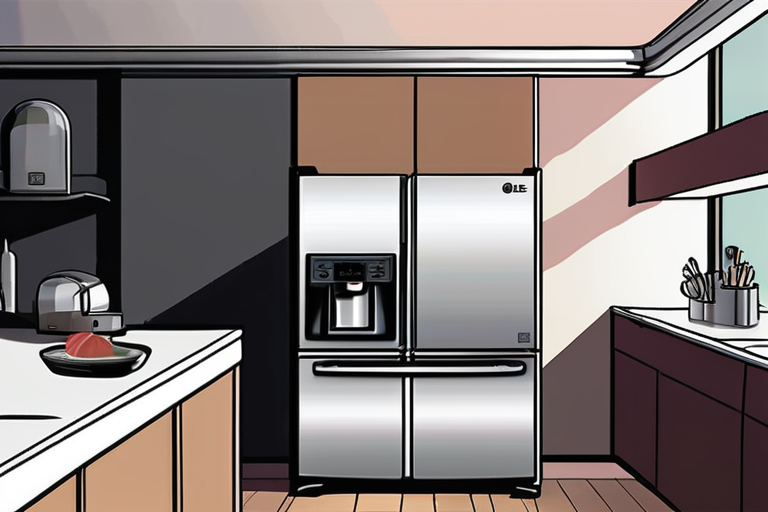


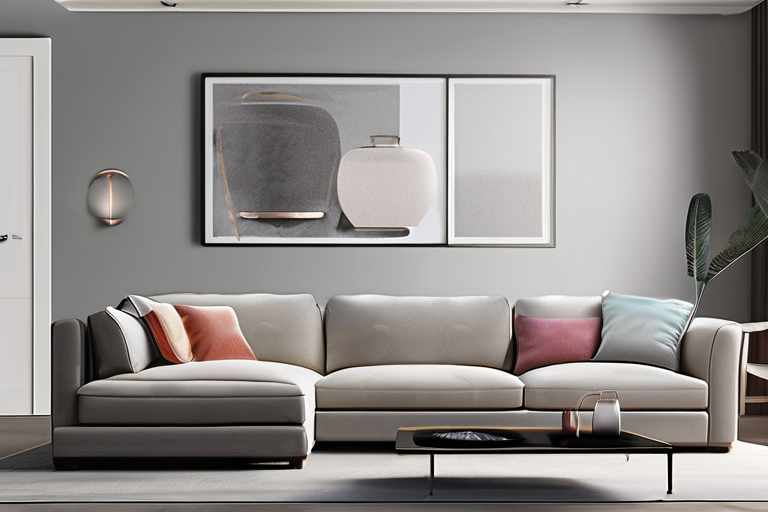
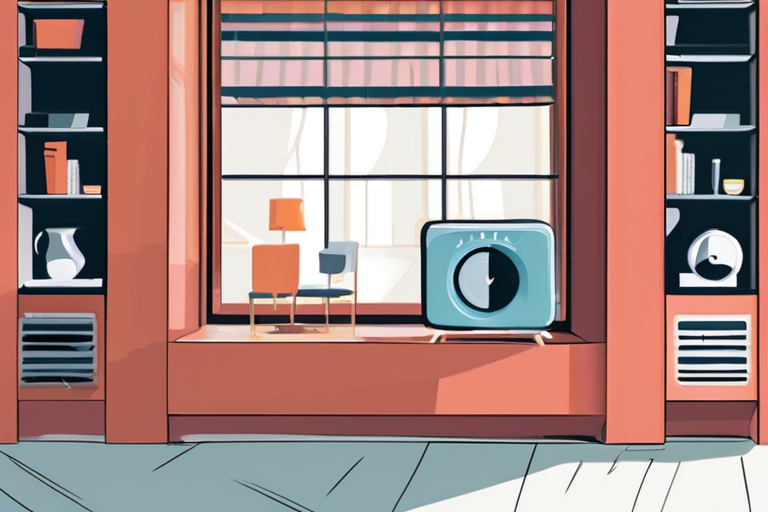
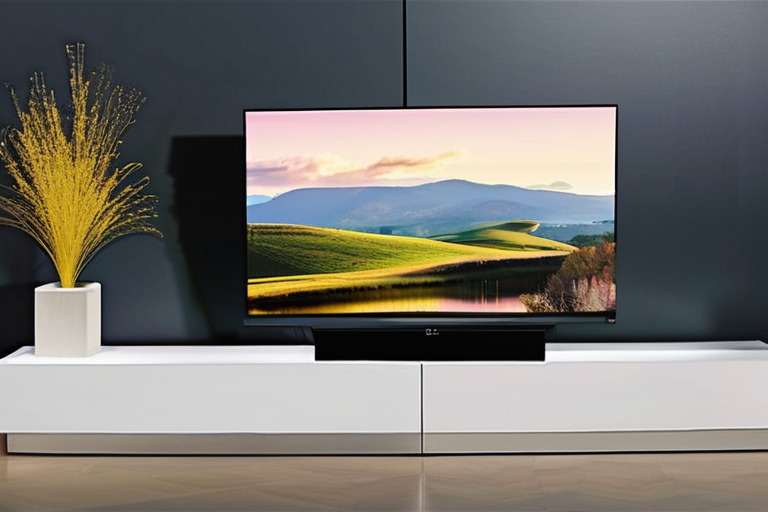
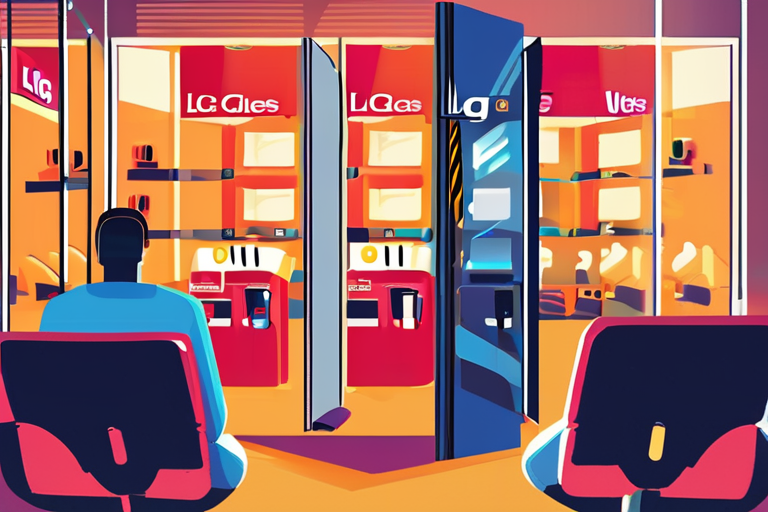
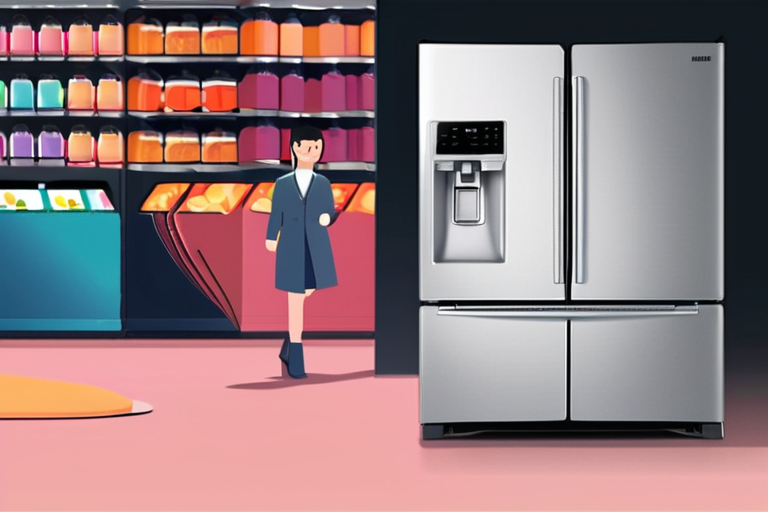
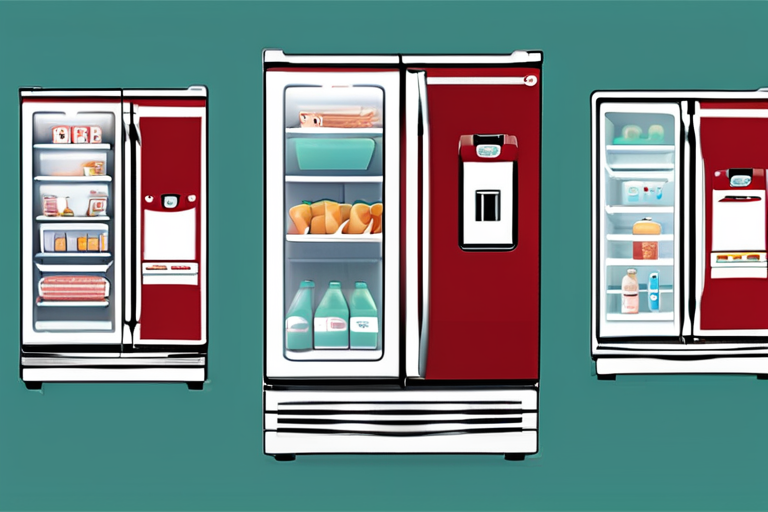
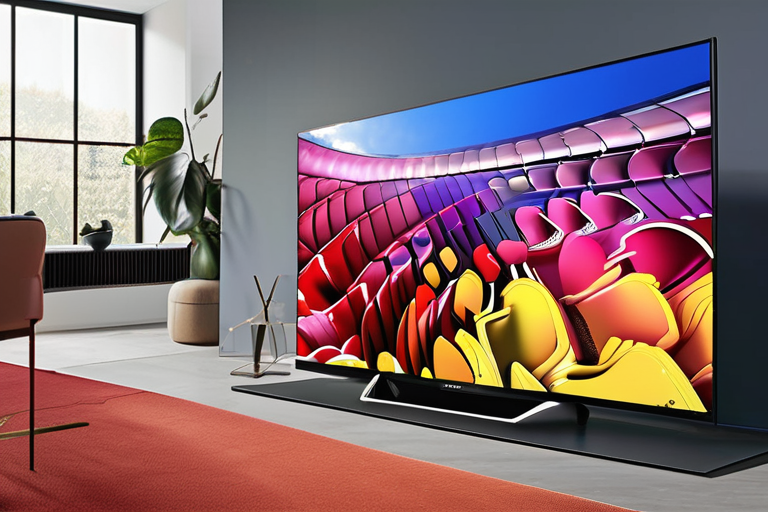

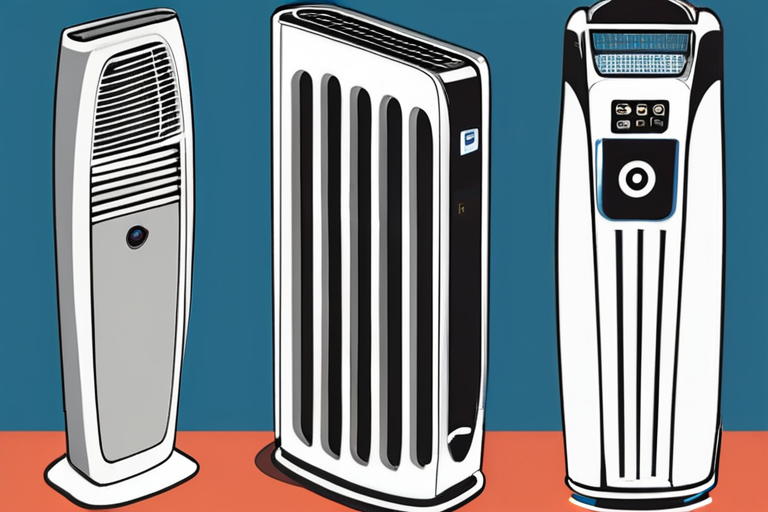

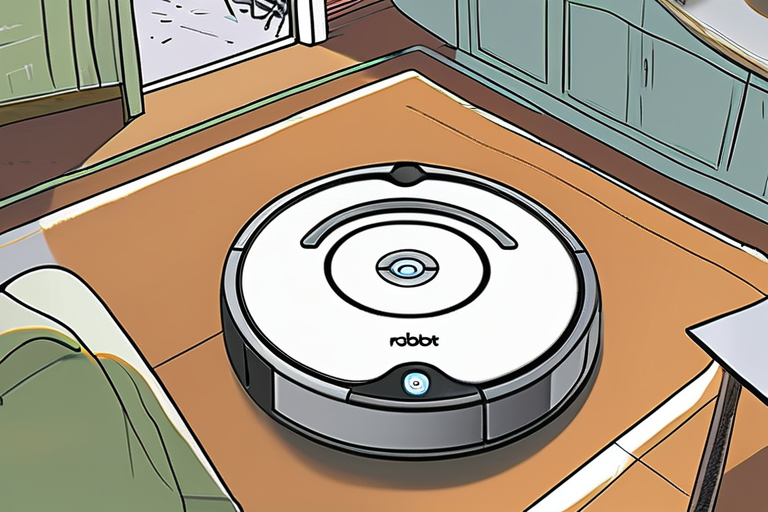
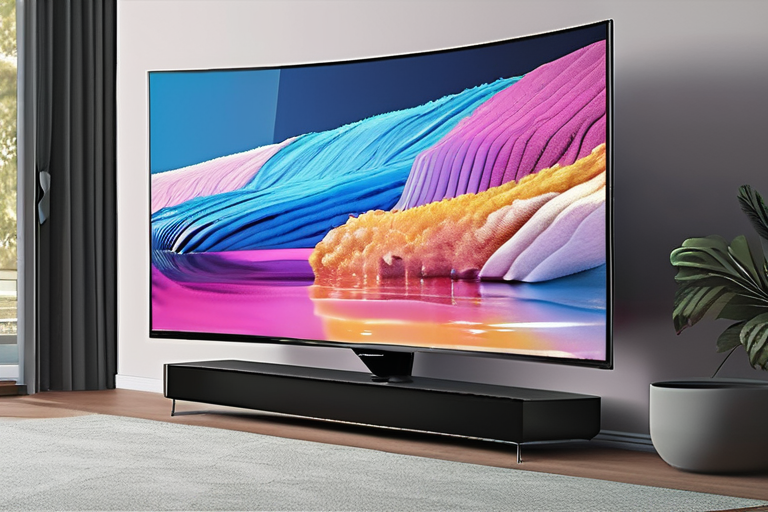

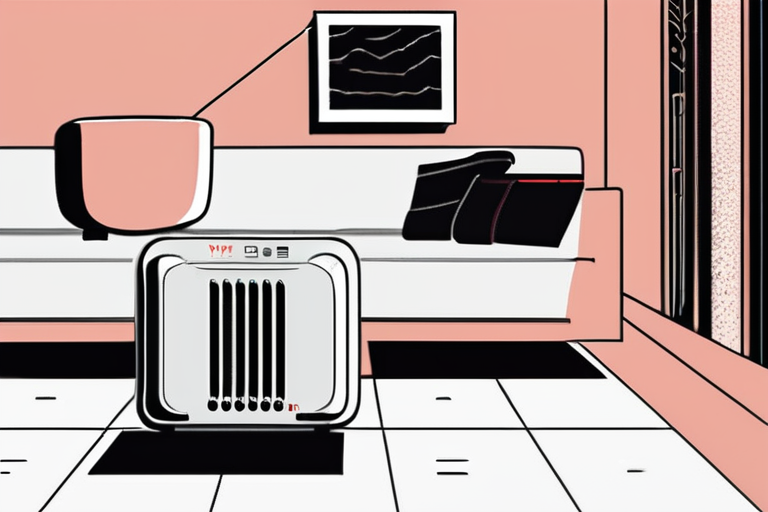
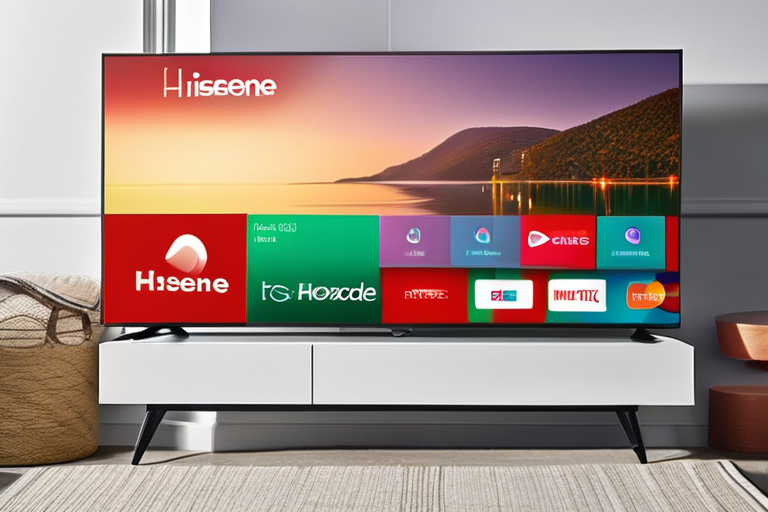
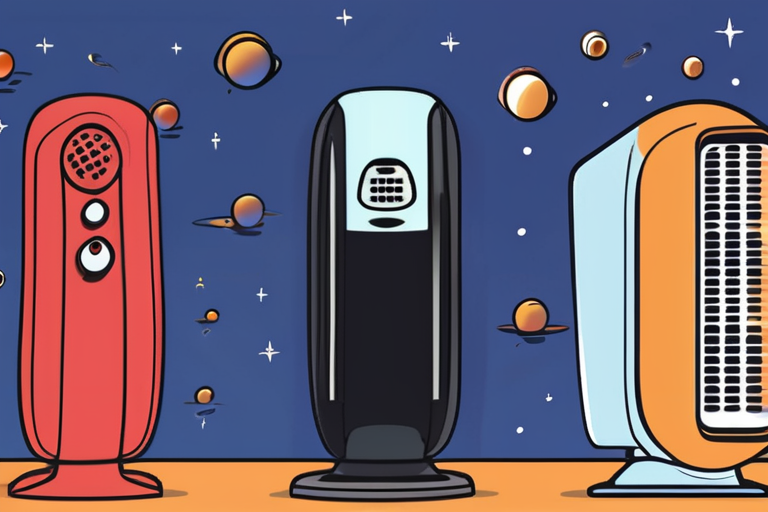
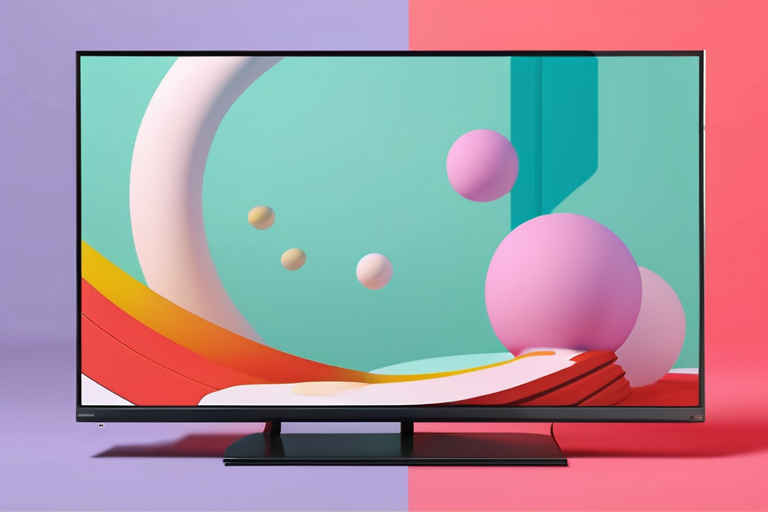

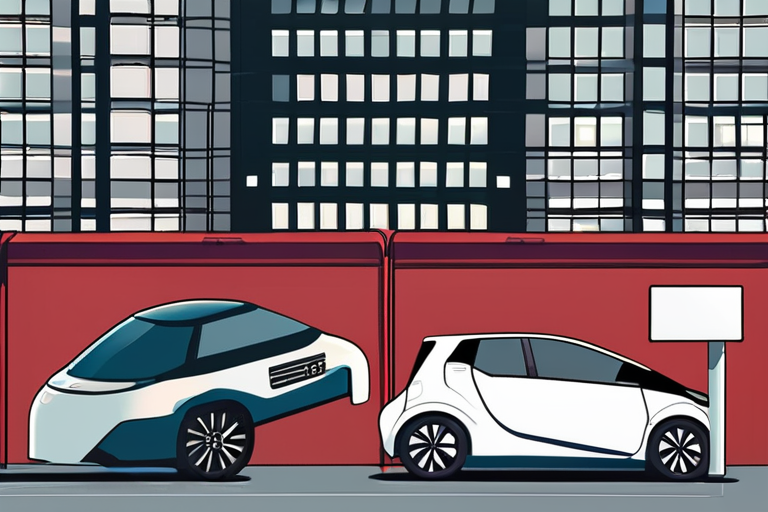

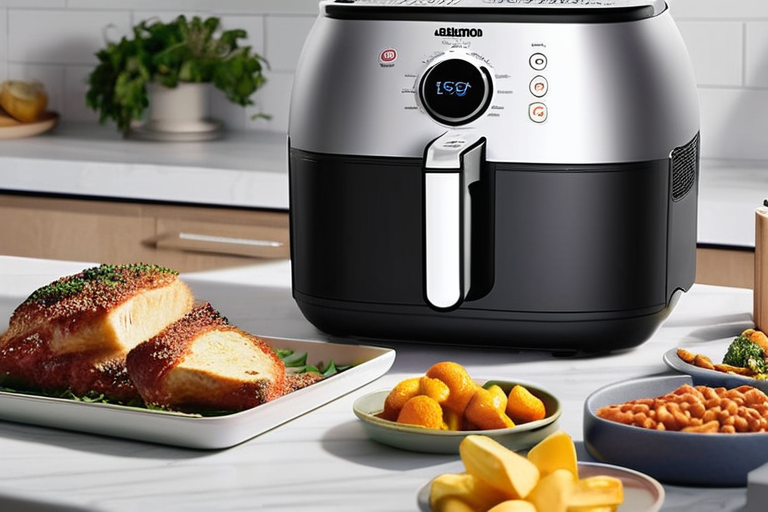

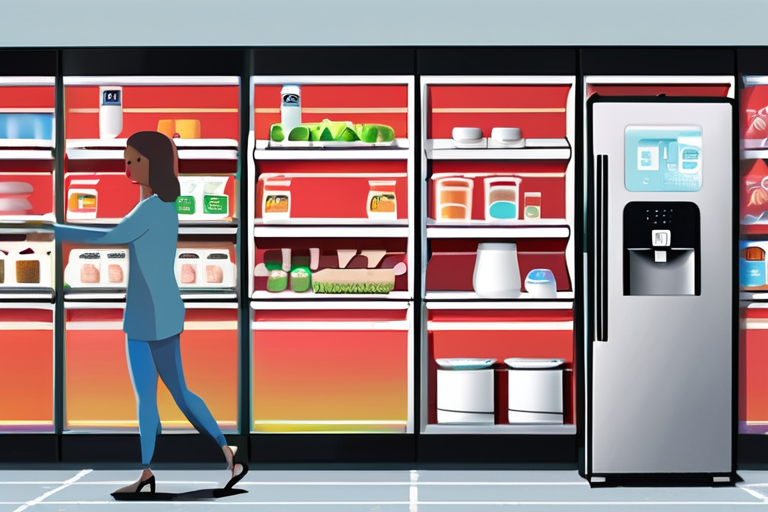
Share & Engage Share
Share this article